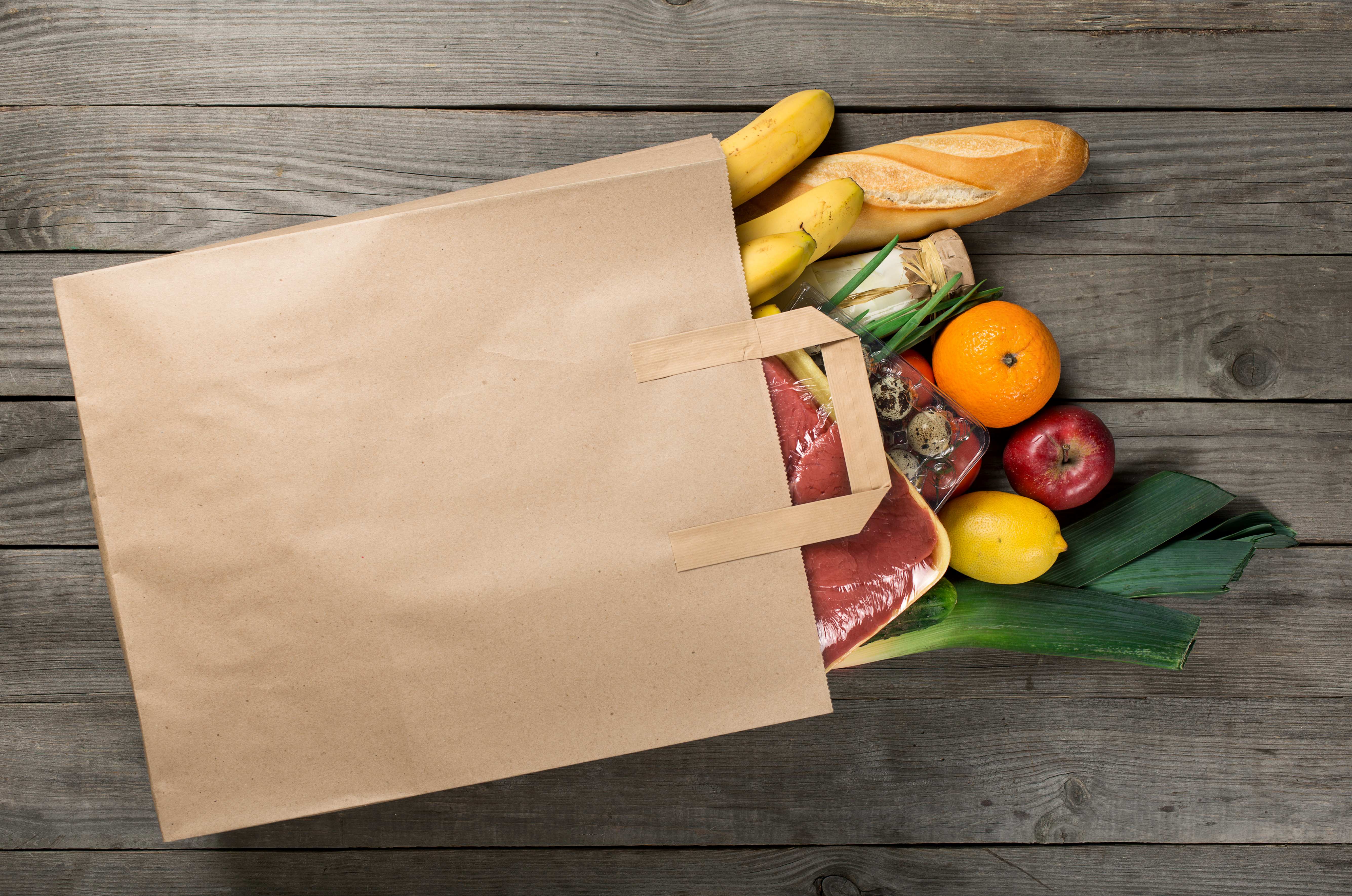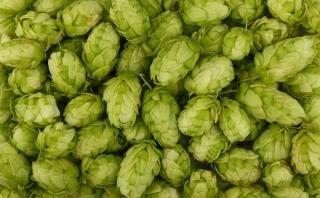Paper, please! IP Has Customer Needs in the Bag

According to a new study from Future Market Insights, demand for paper bags continues to rise due to cost-effectiveness, availability, sustainability and customizability. Luckily for IP kraft paper bag customers, the Red River Containerboard Mill in Campti, Louisiana produces the high quality bag paper they rely on.
So, how is bag paper made? Bag paper is made similarly to how liner or medium paper is made at other containerboard mills. However, the challenges are a bit different, as crews process twice as many rolls of this thinner bag-grade paper than other containerboard products.
Chris Pinder, Quality Manager, says that the Red River Mill produces three different grades of bag paper and seven cut sets on all bag grades. Six of the rolls are converted into grocery bags, and the seventh is used to make the handles for paper bags.
Fun Fact:
Margaret E. Knight is credited with inventing a machine for making flat-bottom paper bags in the late 18th century.
Before any bag paper leaves the Red River facility, the quality team performs several tests to make sure the paper is up to market specifications.
Roll widths are important when producing bag grades since the rolls are not trimmed before being converted. The width has to be produced to within 1/8” of the ordered width.
Red River’s bag paper is shipped to one of three IP bag plants in Grand Prairie, Texas, Buena Park, Calif., or Beaverton, Ore.
Fun Fact:
The common sizing of bags (such as 1/6th and 1/7th, etc.) is based on how much of a “barrel of sugar” the bag can hold – a pioneer day measurement that is still used today.
Once IP paper rolls arrive at the bag plant, they go from rolls to printer to former with the end product being a bale of bags.
“The paper is shaped into what we call ‘the tube,’ and that's when it's glued at the bottom,” explained Nick Poff, Complex Site Manager at the Beaverton Bag Plant. “Then it goes into what is referred to as the ‘bag machine’ which creates the bottom of the bag.”
There is also a handle machine which folds the handle and glues it to the bag.
Every second counts for our bag plant teams.
“We make between 320 to 350 bags per minute,” shared Poff.
Fun Fact:
The standard sized bag was the 1/6 size, until our IP Beaverton bag plant invented and launched the 1/7 size, which is now the industry standard size, used by most grocery stores in the U.S.
IP’s kraft paper bags are sustainable and customizable, making them the bag-of-choice for many grocers and retailers.
“Bag business and demand is seasonal. Most of our customers have a standard print and put the same amount of energy into a seasonal print,” shared Poff. “We not only need to stock them up in their standard print, but we plan to meet their needs for their seasonal prints and turn right around to stock up the standard print again.”
So, the next time you clutch a paper bag in your hands, take a moment to appreciate the journey it took to reach you … a journey through the hands of dedicated IP team members across the country.


